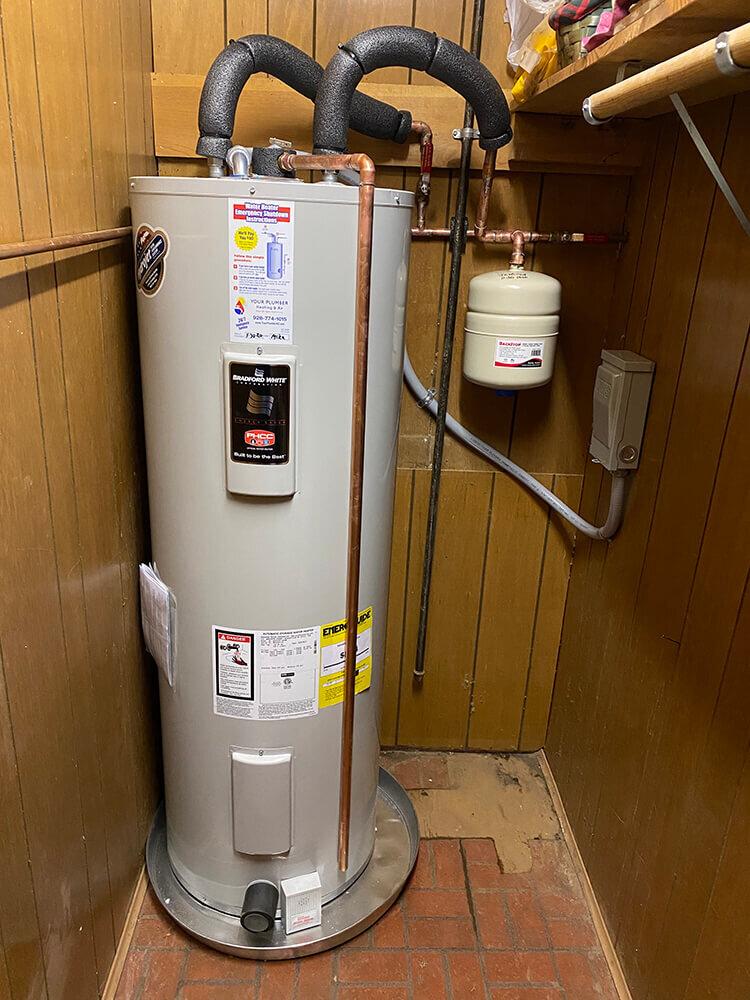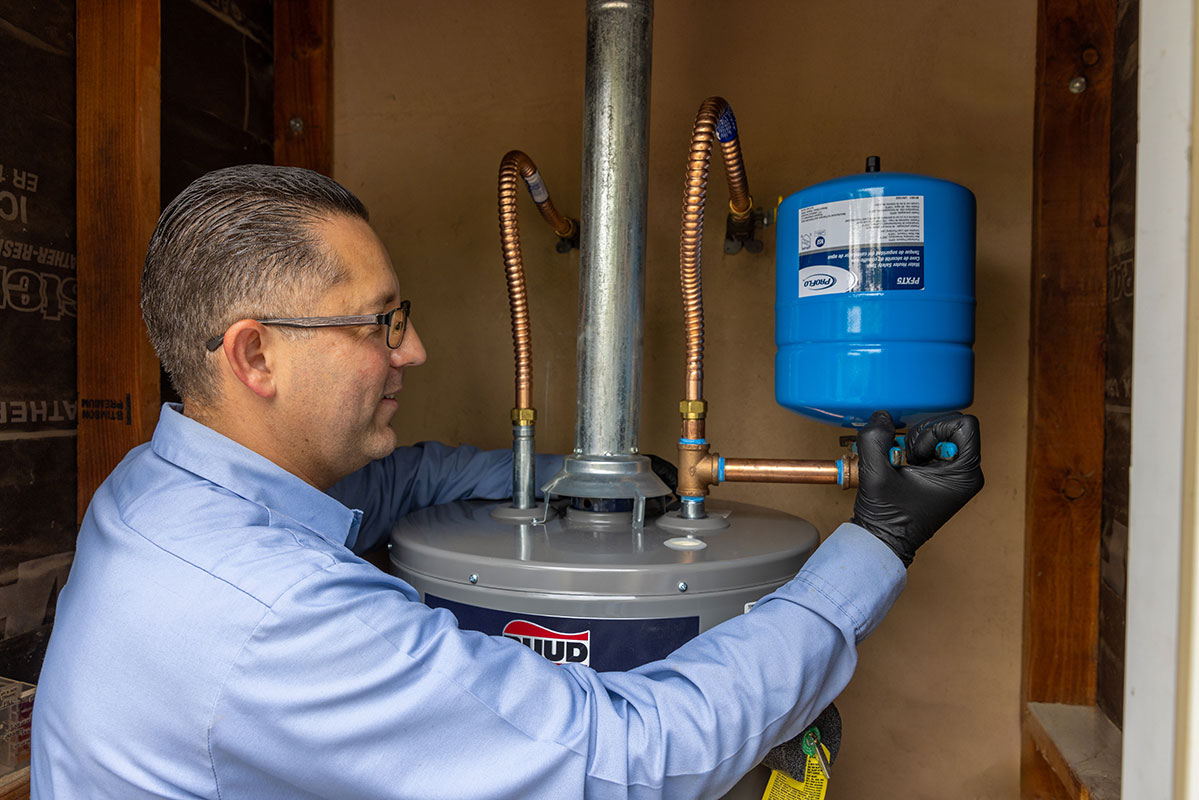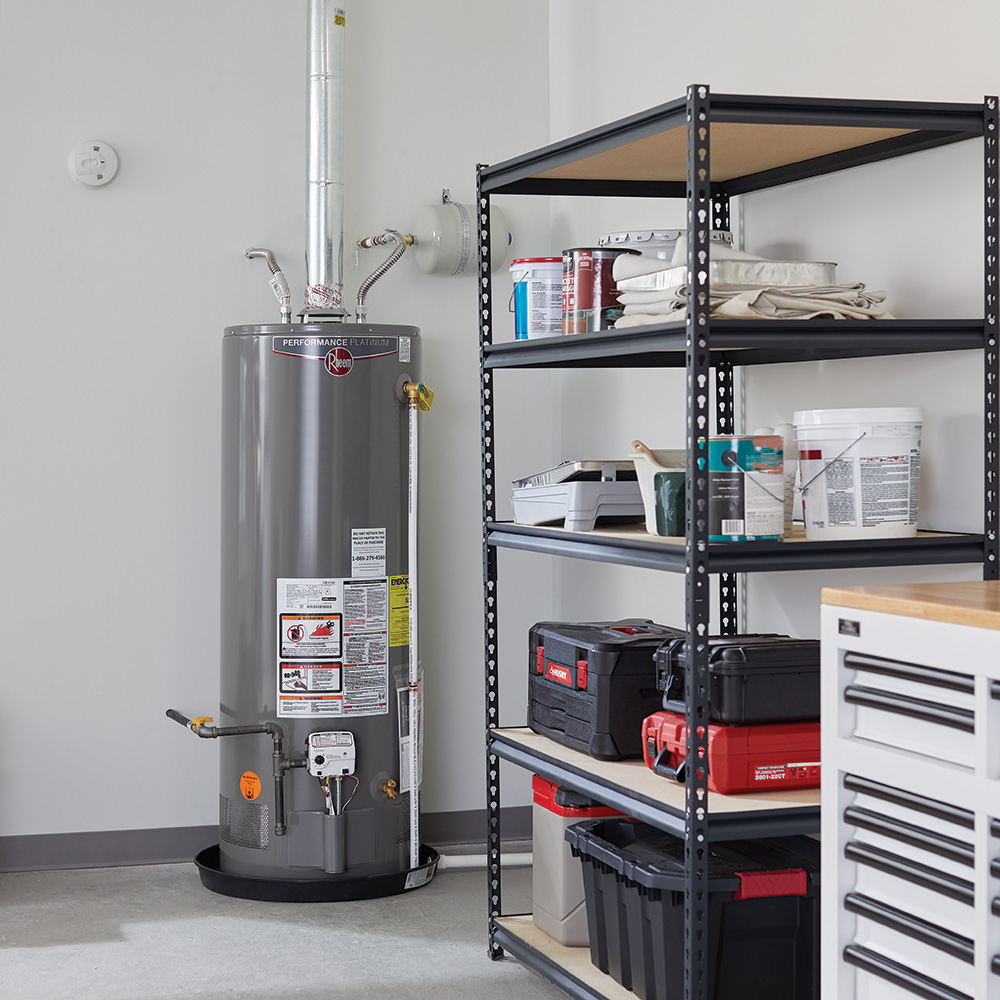Certified Gas Leak Repair for Your Protection and Security
Certified Gas Leak Repair for Your Protection and Security
Blog Article
Full Guide to Water Heating SystemSetup and Substitute
Understanding the intricacies of water heating unit setup and replacement is important for homeowners looking for to ensure effectiveness and reliability in their warm water supply. From picking the suitable type and size to implementing a smooth installment procedure, several elements should be thought about to prevent usual challenges. This guide will certainly give you with the essential actions and understandings to browse the intricacies of this home enhancement job, while likewise emphasizing critical upkeep techniques that can lengthen the life of your system. As you explore these elements, you might locate yourself reassessing your current setup and recognizing locations for renovation.
Kinds of Hot Water Heater
When thinking about water heating unit installation and replacement, it is crucial to comprehend the different kinds of hot water heater offered in the market. One of the most typical types include tank water heating units, tankless water heating systems, heatpump hot water heater, and solar hot water heater.
Storage tank hot water heater are standard systems that store a specific volume of warm water, making them easily offered when required. They are usually less costly upfront however may sustain higher power expenses over time because of warm loss. In comparison, tankless hot water heater supply warm water on demand, getting rid of the demand for storage. They are power effective and can conserve space, however their first prices are generally greater.
Warmth pump water heating systems use electrical energy to transfer heat from the air or ground to heat water, offering considerable power financial savings yet calling for even more room and details installment conditions. Last but not least, solar hot water heater harness solar power to warmth water, offering an environment-friendly choice with potential long-term cost savings, although they frequently call for a backup system for over cast days.
Understanding these options makes certain educated choices relating to installation and substitute, providing to details demands and preferences.
Selecting the Right Dimension
Selecting the proper size for a hot water heater is critical to guarantee optimum efficiency and efficiency. A system that is as well small will certainly battle to satisfy family demands, bring about inconsistent warm water accessibility and increased power consumption. Conversely, an oversized hot water heater can lead to unneeded energy waste and greater utility expenses.
To identify the right dimension, take into consideration the home's peak warm water usage. This can be computed based on the number of passengers and their common hot water demands. For instance, a family members of 4 might call for a water heating system with a capability of 50 to 80 gallons, depending upon the use patterns, such as synchronised showers and washing.
In addition, analyze the recuperation price, which gauges exactly how quickly a heater can restore hot water after it has been utilized. For tankless versions, concentrate on the circulation rate, gauged in gallons per minute (GPM), to ensure it satisfies the family's simultaneous need.

Installation Process Introduction

Next, the old system has to be disconnected and gotten rid of, taking treatment to comply with local codes and regulations relating to disposal. Once the old system is out, the brand-new water heating system can be placed in location. This step entails linking the water lines, making certain that all installations are safe and secure and leak-free.
After developing water connections, it's vital to connect the power supply, whether electrical or gas, adhering to the manufacturer's directions carefully. As soon as all links are made, the system ought to be filled up with water, and the power can be turned back on. It's crucial to check for leakages and make sure the water heater is operating appropriately before finishing the setup procedure.
Usual Setup Errors

An additional regular blunder is ignoring to adhere to local codes and laws. Falling short to stick to these standards can not just lead to safety risks however might additionally result in expensive penalties or the need for costly go to my blog reinstallation.
Wrong plumbing links are also a common error. Falling short to secure links or making use of the wrong sort of installations can result in leaks and water damage. Forgeting the importance of an appropriate drain pan can result in substantial water damage if leakages do happen. Lastly, inadequate insulation of pipelines can result in heat loss, reducing effectiveness. By staying clear of these usual installation blunders, home owners can ensure their hot water heater operates securely and successfully, optimizing performance and longevity.
Upkeep Tips for Long Life
Appropriate maintenance of a water heater is necessary for its long life and ideal efficiency. Normal inspections and servicing can avoid expensive repair work and extend the home appliance's life-span. Begin by checking the temperature setup; it should generally be set between 120 ° F and 140 ° F for ideal power efficiency and safety and security.
Every 6 months, purge click to read the container to remove debris accumulation, which can harm heating efficiency and trigger deterioration. To do this, shut off the heating unit, link a hose to the drainpipe shutoff, and allow the water run until it is clear.
When they are rusted,Anode poles need to be examined annually and replaced. These rods help stop container corrosion by drawing in destructive components in the water.
Furthermore, check the stress safety valve routinely to guarantee it is operating correctly. This valve is crucial for stopping excessive stress build-up within the tank.
Lastly, consider setting up a specialist maintenance check every couple of years for thorough evaluations and maintenance. By sticking to these maintenance suggestions, home owners can considerably improve the performance, security, and life-span of their water heating units, guaranteeing reputable warm water for several years ahead.
Conclusion
In conclusion, correct setup and maintenance of water heating units are essential for making sure performance and durability. By comprehending these necessary facets, property owners can achieve a trustworthy warm water supply while decreasing possible problems associated to water heating system procedure.
Comprehending the complexities of water heating system installment and replacement is critical for home owners seeking to make certain effectiveness and dependability in their hot water supply.Container water heating units are standard systems that keep a particular volume of warm water, making them readily available when required. In contrast, tankless water heating units offer warm water on demand, removing the requirement for storage. Choosing a water heating system that is either also small or too large can lead to inefficiencies, resulting in poor warm water supply or too much power consumption.
By understanding these necessary elements, house owners can attain a trusted warm water supply while reducing potential issues connected to water heating unit operation. pipe repair.
Report this page